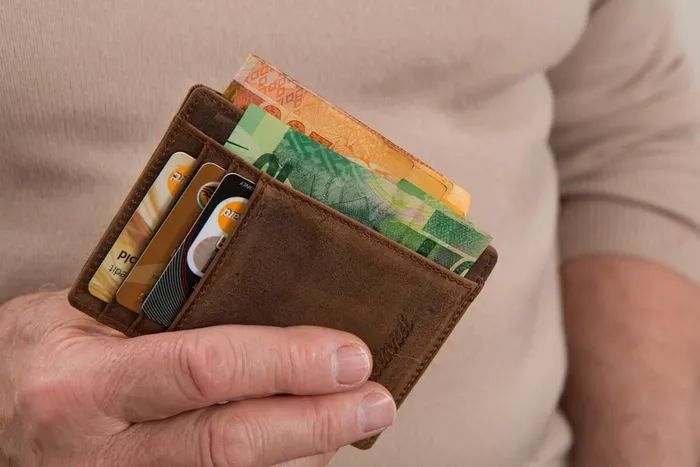Stop financial abuse before it starts: protecting your financial freedom

Financial abuse affects one in eight South African women, yet remains largely invisible. Learn how to identify warning signs and take practical steps to safeguard your financial independence before abuse can take root. This guide offers essential prevention strategies during the 16 Days of Activism campaign and beyond.
Image: Freepik
Financial abuse is one of the least visible forms of domestic violence – yet one of the most damaging. According to the Human Sciences Research Council’s (HSRC) National Gender-Based Violence Study conducted in 2024, one in eight women over the age of 18 has experienced financial abuse, defined as the unreasonable deprivation of financial resources to which a person is legally or rightfully entitled.
From 25 November to 10 December each year, the global 16 Days of Activism for No Violence Against Women and Children campaign reminds us of the importance of protecting independence and security.
Momentum’s Science of Success reminds us that success favours the focused; those who make deliberate and well-informed decisions rather than reactive ones. In the context of financial abuse, it means not just responding to it but preventing it before it can get a foothold.
Understanding financial abuse before it happens
Financial abuse rarely begins with obvious control. It often starts with small, subtle behaviours – a partner insisting on “handling” the finances, a family member questioning how money is spent, or someone persuading you to share passwords or bank access “for convenience.”
At its core, financial abuse is the misuse or restriction of someone’s money or assets to limit their independence. It can occur in any relationship, across all ages and income levels. Preventative awareness means recognising early warning signs such as:
- Someone demanding control of your salary, pension, or grants.
- Pressure to share financial information or co-sign loans.
- Being excluded from financial decisions or denied access to joint accounts.
- Consistent secrecy around financial statements or debts.
Identifying these behaviours early is key to maintaining autonomy and long-term security.
Building financial safety and resilience
Preventing financial abuse starts with establishing personal financial awareness and independence – regardless of marital, familial, or living arrangements. Practical steps include:
- Maintain your own bank account: Ensure your income is paid into an account registered only in your name, with secure online access.
- Protect your information: Regularly update passwords and PINs and avoid sharing them, even with trusted family members.
- Keep documentation safe: Store copies of important documents – identity papers, insurance policies, bank records, and title deeds – somewhere secure but accessible
- Monitor your credit profile: Checking your credit report annually can help you detect unauthorised accounts or suspicious activity early.
- Develop independent credit: A small credit facility or card in your name helps establish your financial footprint and improves long-term resilience.
These simple yet powerful habits strengthen your ability to stay in control of your finances and to safeguard your financial independence.
The preventative role of financial advisers
An accredited financial adviser plays a vital role not just in recovery after financial abuse, but in prevention before it occurs. By partnering early with an adviser, individuals can learn to safeguard their income and assets and reduce vulnerability.
A financial adviser can help you:
- Set up accounts and investments registered solely in your name.
- Ensure beneficiary nominations reflect your wishes.
- Create contingency plans and secure emergency funds.
- Understand your rights in joint financial arrangements.
- Build confidence through financial literacy and education.
- Draft a valid and executable Will giving effect to your final wishes, while safeguarding the information required to do so.
A financial adviser’s guidance can help identify risks early and establish protective measures that ensure lasting independence. Prevention, after all, is far more empowering than recovery.
Building a culture of awareness and protection
Preventing financial abuse requires both personal vigilance and broader societal awareness. Conversations about money should be open, transparent, and grounded in mutual respect – never used as a tool of power or control.
By recognising early warning signs, maintaining financial autonomy, and seeking professional guidance, individuals can protect their independence before it’s threatened.
Financial abuse may be silent, but prevention is powerful. Through education, planning, and proactive support, we can ensure financial control remains where it belongs – in your own hands.
* Hamman is the senior legal adviser at Momentum.
PERSONAL FINANCE